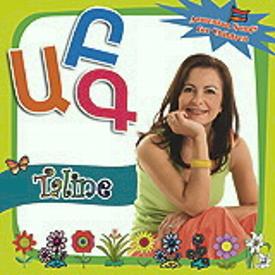Last week while I was in a store browsing through some items, a small, anxious child ran into me. He was lost, but not frightened. More than anything, he seemed annoyed (in a parental way) that his mother had strayed from him. I followed him to make sure he finds his mother, who was discovered in a fitting room, trying on a couple of dresses. The conversation that resulted amused me.
Child: “Mama, oor gnatzir?”
Mother: “Arthur, I didn’t go anywhere. I’m right here.”
Child: “Inchoo indz toghetzir??”
Mother: “I didn’t leave you, Arthur. Be quiet.”
Child: Unintelligible wailing.
 What amused me more than the child’s apparent anxiety and the mother’s nonchalance (she was very preoccupied with her dresses) was the language shift in the conversation. It’s common to see English and Armenian switches, but it’s more often the parent who is speaking Armenian. If I may make a conjecture, it seemed to me that both of the parents of this boy work, and, since he appeared too young for school, he spends his days with an Armenian grandmother who speaks to him in Armenian. When he gets restless, she pops in a Taline and Friends DVD, she (over)feeds him dolma, and reads Puy Puy Mknik to him before his midday nap.
What amused me more than the child’s apparent anxiety and the mother’s nonchalance (she was very preoccupied with her dresses) was the language shift in the conversation. It’s common to see English and Armenian switches, but it’s more often the parent who is speaking Armenian. If I may make a conjecture, it seemed to me that both of the parents of this boy work, and, since he appeared too young for school, he spends his days with an Armenian grandmother who speaks to him in Armenian. When he gets restless, she pops in a Taline and Friends DVD, she (over)feeds him dolma, and reads Puy Puy Mknik to him before his midday nap.
I never thought I’d see a child who is speaking Armenian to his/her parent be discouraged (whether consciously or not) from engaging in his mother tongue. I know better than to get involved in someone’s parenting, but I wish I could have asked that young woman to respond to her son in Armenian and not make him feel alien.